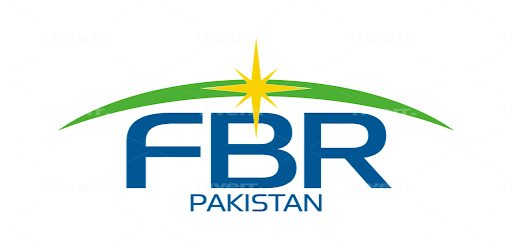In Islamabad, Prime Minister Shehbaz Sharif directed the engagement of a foreign consultant on Tuesday to modernize the Federal Board of Revenue (FBR), signaling a shift from the previously approved restructuring plan. This decision emerged during the PM’s inaugural comprehensive meeting on the administrative matters of the FBR. The PM emphasized the urgent necessity of international consultants and suggested seeking a waiver of international competitive bidding from the Public Procurement Regulatory Authority if required, according to officials.
This move implies that the Pakistan Muslim League-Nawaz (PML-N) government may deviate from the FBR restructuring plan sanctioned by the prior caretaker government.
Former Finance Minister Dr. Shamshad Akhtar attended the meeting virtually and presented her plan. Dr. Akhtar may present her restructuring plan to the PM again on Wednesday (today).
The hiring of a foreign consultant aims to modernize and digitize the FBR, with the objective of reducing physical interaction between tax officials and taxpayers. However, this decision also raises concerns about the sustainability of two foreign loans totaling $700 million secured from the World Bank and the Asian Development Bank for domestic revenue mobilization and FBR modernization.
Government officials stated that the PM also expressed dissatisfaction over the non-implementation of his eight-month-old directive to install scanners for monitoring various manufacturing units, particularly in the tobacco industry, due to lack of available funds for procurement.
During the meeting, the former finance minister stated that while the FBR did not request funds, the tax machinery did seek an increase in salaries.
The PM also instructed the recruitment of competent individuals from the market to oversee the track and trace system, aimed at addressing underreporting by tobacco manufacturers, beverage producers, sugar companies, and cement manufacturers.
The FBR has long been a contentious issue, and Tuesday’s meeting was no exception. The interim government exacerbated problems in the FBR rather than resolving them. The PM emphasized digitization of the FBR as his top priority, stressing its critical importance for Pakistan. He also directed the enforcement of the digital invoicing initiative.
The International Monetary Fund has called for a significant increase in tax revenues, focusing on expanding the tax net to include retailers and wholesalers, with its current focus mainly on the salaried class and formal sector. FBR Chairman Amjad Zubair Tiwana briefed the PM on initiatives undertaken to combat corruption in the tax machinery, highlighting how FBR digitization would help address corruption issues.
The FBR chairman mentioned that this fiscal year, they aim to bring an additional 1.5 million taxpayers into the fold. Legislation has been enacted for digital invoicing, which the prime minister directed for immediate implementation.
Thus far, the FBR has received fewer than four million income tax returns, approximately 35% less than the comparative period. Last tax year, nearly six million individuals and entities filed returns.
The PM praised the FBR for achieving the eight-month revenue target of Rs5.830 trillion. However, the FBR fell short of targets in the last months, and overall target achievement was only possible due to better performance in the first half of the fiscal year.




